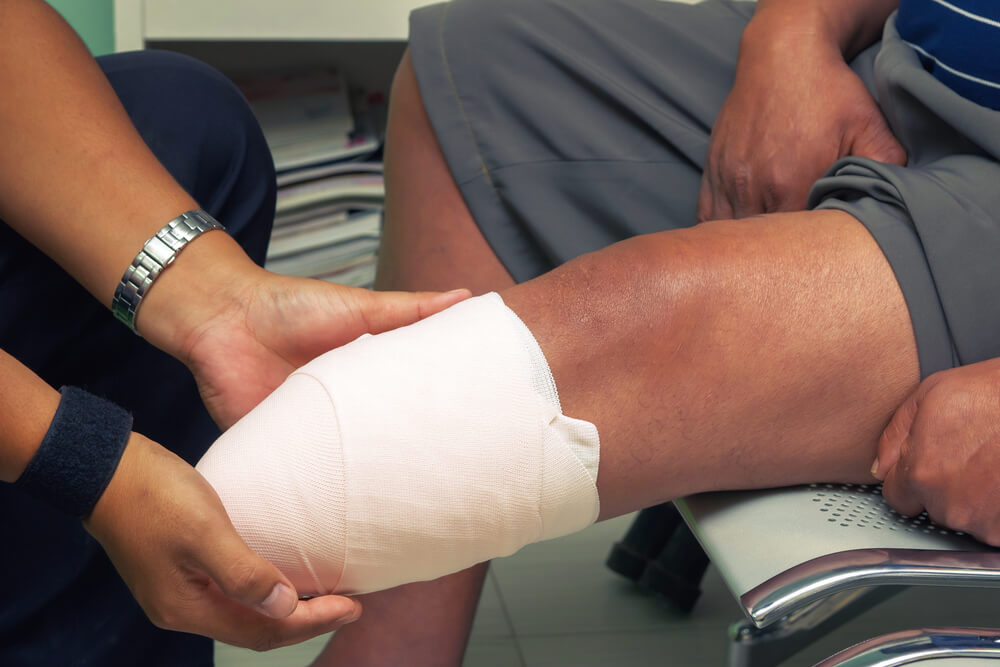Obtaining Fair Compensation After a Disfigurement Injury
Long after an accident has happened, you may carry the memories of it with you. For some, those memories come with physical scars that never fade. If you’ve suffered a disfiguring injury as a result of someone else’s negligence, you may wonder what your legal options are. Disfiguring injuries can leave you with lifelong pain, scarring, and limited mobility, and you may be entitled to compensation for those losses.
Don’t wait any longer to find out if you’re entitled to compensation. We’re here to help. Call the personal injury lawyers at Reeves & Mestayer at 228-300-2754 to schedule a consultation now.
What is Considered a Disfiguring Injury?
An injury is considered disfiguring if it affects your appearance. While the other side effects of an injury may be far more damaging, the physical appearance is what makes it disfiguring. With medical treatment, you may be able to limit the longevity or extent of a disfiguring injury, but a full recovery is impossible in many cases.
There are several injuries that fall into this category, including:
- Deep lacerations
- Burns caused by smoke or fire
- Chemical burns
- Amputation
- Dog bites
How Disfiguring Injuries Can Affect Your Life
Disfiguring injuries can have a deep and lasting impact on every area of your life, which is why these injuries are so often considered severe. To start, you may have some physical limitations as a result of your injury.
Disfiguring injuries like burns can cause the skin to fuse to other types of body tissue, leading to tension, tightness, limited mobility, and pain. Injuries like amputation permanently change how you use your body, the allowances you have to make for your injury, and the adaptive equipment you need.
Disfigurement can also profoundly affect your mental and emotional health. If your injury is on a part of your body that is commonly exposed, such as your face, arms, or legs, you may suffer embarrassment and shame.
Some victims become withdrawn and isolated, afraid of showing their injury to the public and the reaction it may receive. This can lead to depression and other serious mental health issues. In serious cases, victims even pull away from family, friends, and loved ones in an effort to limit how much they have to expose their injury.
Factors That May Affect Your Claim
As is the case with any personal injury, a number of factors go into determining how much compensation you receive. Relevant factors include:
- Whether or not the injury will improve over time
- If the injury is likely to make a full recovery
- How much the injury affects your physical mobility and overall use of your body
- Where your injury is and how visible it is
- How large the injury is
- If the injury is likely to affect your mental health, career opportunities, and relationships
- If the injury has led to anxiety, depression, or other diagnoses
- The amount of care your injury will need and if those care needs are likely to last the rest of your life
- Whether or not you need adaptive equipment to lead a full and independent life
Calculating Compensation
Your attorney will look at these and other factors when figuring out how much compensation you may be able to receive for your injury. While the insurance company may attempt to downplay the emotional ramifications of your injury or the effects on your mental health, these are very real concerns that may warrant compensation.
The more evidence you have, the easier it may be to prove the extent of your injury and the compensation you deserve. For example, if you have called out of work on a consistent basis since your injury because of shame or embarrassment, you can pull employment records that show how often you have called in and any disciplinary action that has been taken. If you need physical therapy to adjust to the tightness of the scarring, you can provide receipts for copays and proof of treatment dates.
Compensation is unique to each personal injury claim, and you should discuss your specific circumstances with your attorney.
Reach Out to Reeves & Mestayer Today
If you’ve experienced a disfiguring injury because of someone else’s negligence, it’s time to talk to an attorney and figure out what your next steps are. We’re ready to guide you through the process and fight aggressively on your behalf. Call Reeves & Mestayer at 228-300-2754 or connect with us online to get started.







